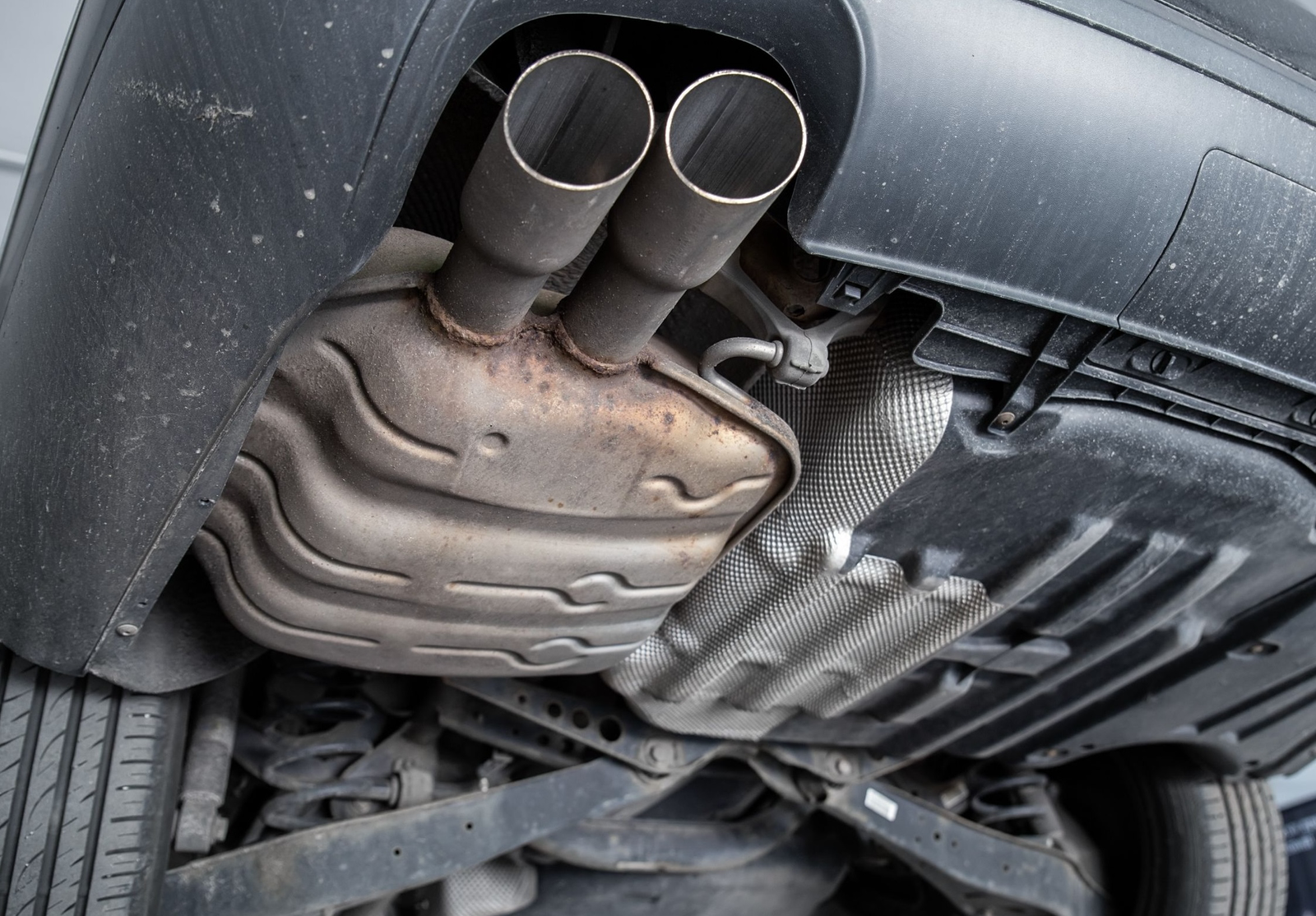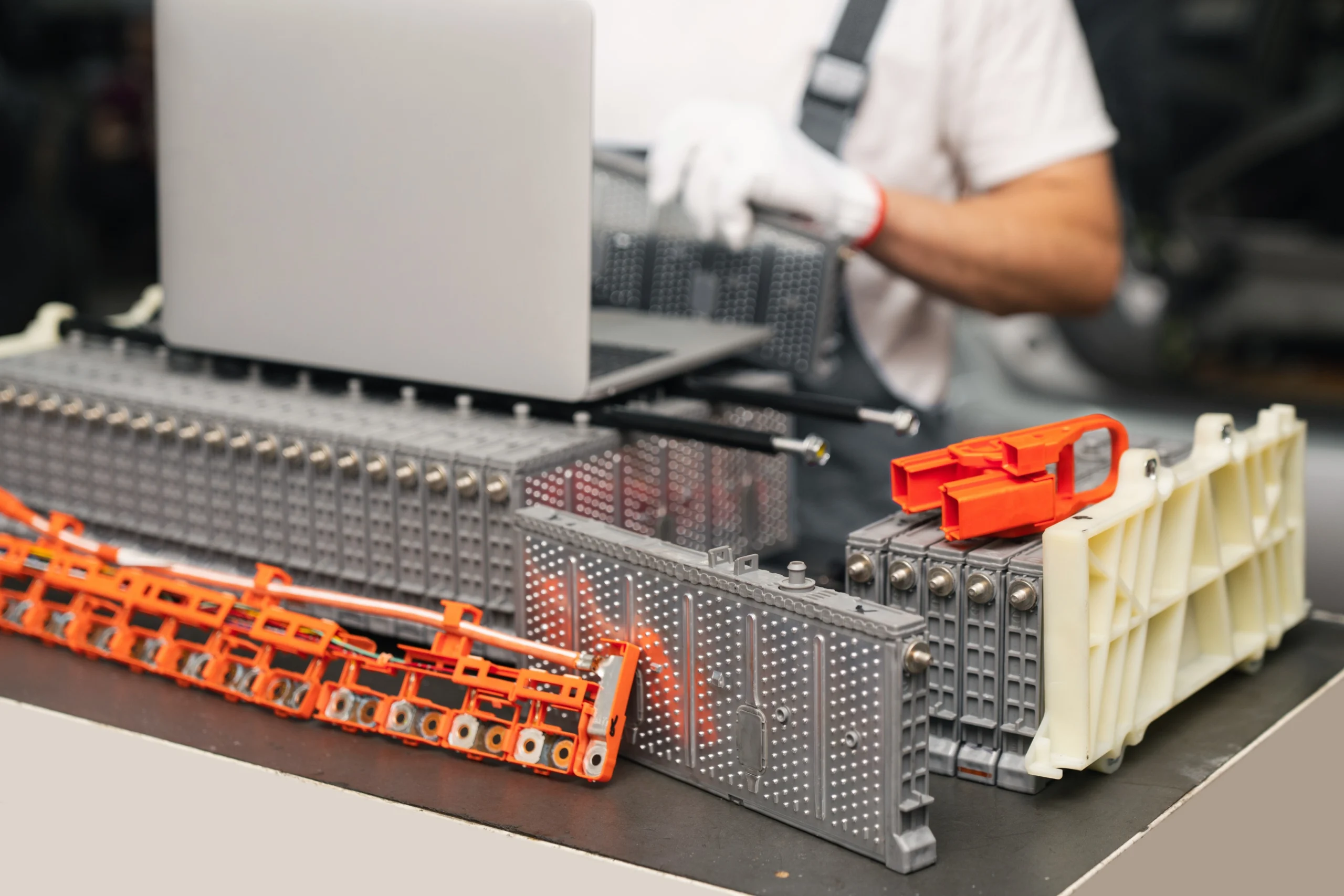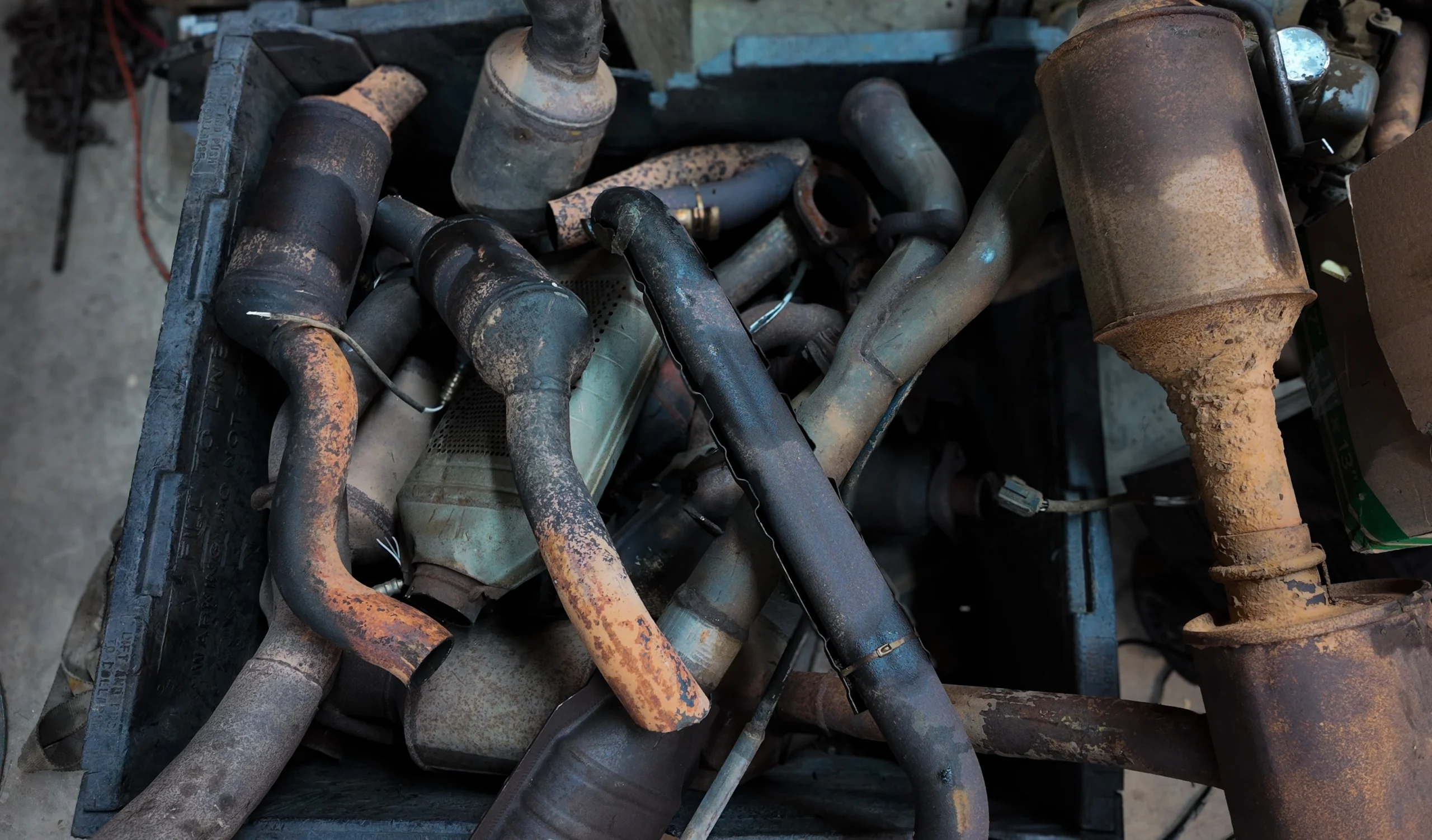Air pollution, particularly smog, has long been a global concern. Vehicle emissions are a significant contributor, releasing harmful gases like carbon monoxide, nitrogen oxides (NOx), and hydrocarbons into the atmosphere. Among the breakthroughs in combating this issue, the catalytic converter stands as a revolutionary innovation. This device not only drastically reduces vehicle emissions but also creates an opportunity for sustainability through catalytic converter recycling. At Recohub, we work with individuals and businesses to ensure proper recycling of these valuable components, maximizing their worth while supporting environmental health.
The Invention of Catalytic Converters
The 1950s and 1960s saw alarming levels of smog in major cities like Los Angeles, prompting scientists to address the impact of vehicle emissions. Studies found that cars were responsible for nearly 60% of urban air pollution. In response, the catalytic converter was introduced in 1975, following the passage of the U.S. Clean Air Act.
This innovation significantly cut harmful emissions, reducing nitrogen oxides, hydrocarbons, and carbon monoxide by as much as 90%. By the 1990s, catalytic converters were mandatory in most vehicles worldwide. Today, an estimated 99% of all new vehicles are equipped with this crucial device, making them indispensable for achieving cleaner air.
How Catalytic Converters Help Reduce Smog
A catalytic converter works by using precious metals like platinum, palladium, and rhodium to convert toxic gases into less harmful substances. For instance:
- Nitrogen oxides (NOx): Reduced to nitrogen and oxygen
- Carbon monoxide (CO): Transformed into carbon dioxide
- Unburned hydrocarbons: Converted into water vapor and carbon dioxide
To put this into perspective, a single modern catalytic converter can eliminate up to 90% of a vehicle’s harmful emissions, contributing significantly to cleaner urban air. The Environmental Protection Agency (EPA) estimates that since their introduction, catalytic converters have prevented billions of tons of pollutants from entering the atmosphere.
The Value of Precious Metals in Catalytic Converters
The effectiveness of a catalytic converter depends heavily on its precious metal content. Rhodium, for instance, is 150 times rarer than gold and remains the most expensive metal in the world, with prices reaching over $29,000 per ounce in recent years. A single converter may contain between 2 and 7 grams of platinum group metals (PGMs), which are critical for the chemical reactions that reduce emissions.
This rarity directly impacts the catalytic converter price and catalytic converter scrap price, making recycling a financially attractive and environmentally responsible option. According to the International Platinum Group Metals Association (IPA), around 30% of the global supply of PGMs comes from recycled sources, showcasing the importance of industries like catalytic converter recycling in meeting demand sustainably.
The Modern Need for Catalytic Converter Recycling
With over 1.4 billion vehicles on the road globally, the demand for catalytic converters remains high. However, the finite supply of precious metals has made recycling a necessity. Recycling these devices not only recovers valuable materials but also reduces the environmental footprint of mining.
Statistics highlight the growing importance of recycling. The recycling of catalytic converters currently contributes over 20 tons of rhodium, platinum, and palladium to the market each year, according to the World Platinum Investment Council (WPIC). This effort prevents additional mining, which can disrupt ecosystems and generate large amounts of waste.
At Recohub, we help individuals and businesses unlock the true value of their used converters. Our expertise as a leading catalytic converter recycler ensures competitive catalytic converter scrap price evaluations while promoting sustainability.
Why Recohub for Catalytic Converter Recycling?
Recohub is committed to supporting a cleaner environment through ethical recycling practices. By using advanced technology to analyze the metal content of each converter, we provide transparent pricing based on accurate assessments.
For example:
- A small standard converter might yield a few hundred dollars based on its rhodium content.
- Larger converters with higher metal concentrations can fetch over $1,000, depending on the catalytic converter price in the market.
By choosing Recohub, sellers can trust they’re receiving fair value while contributing to a greener future.
The introduction of the catalytic converter has transformed the fight against smog, drastically reducing vehicle emissions and improving air quality worldwide. Its legacy continues today through catalytic converter recycling, a vital process that not only recovers precious metals but also supports sustainability.
Recohub stands ready to assist individuals and businesses in maximizing the value of their used converters. Contact us today to learn how we can help with your catalytic converter recycling needs.
For more information on the science and history of catalytic converters, visit reputable resources such as the Environmental Protection Agency or the International Platinum Group Metals Association.







